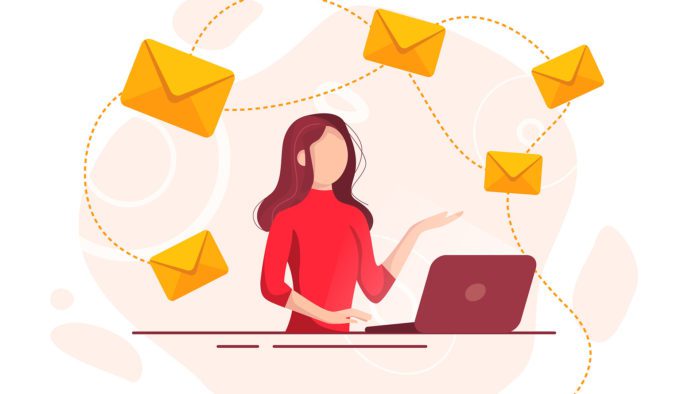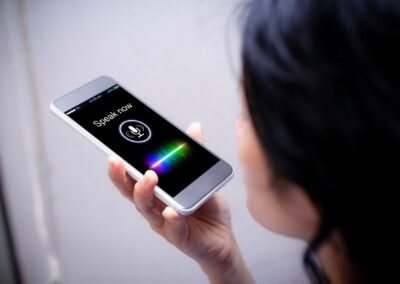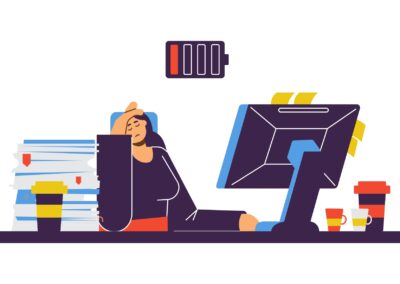Email is one of the quickest and cheapest forms of communication with your clients and prospects. On the one hand, it can be used for record keeping or as a marketing tool, but more often than not, it’s your first form of communication with clients or business partners.

Email copy, on the other hand, is a bit more specific. It’s the prewritten content that gets sent out to clients and prospects to advertise a sale, celebrate holidays, make announcements, and reach a large audience. It’s not to be confused with the normal emails that you come up with on the spot to one or a few people. Studies show that when consumers receive an email, they spend 138% more than consumers who did not receive an email.
Good email copy can be extremely difficult to write. It must be persuasive, yet welcoming and must grasp the emotions of your audience while achieving your marketing goals. It has to maintain the voice of your brand while appealing to a large group of clients and prospects. Without good email copy, you’ll be adding to the list of why your marketing fails.
So, how do you perfect your email copy to make sure you’re getting the most return out of it?
Get Personal.
It shouldn’t surprise you that using an individual’s name in an email increases client interaction and the effectiveness of the email. But there are some other tricks to help personalize your email copy even more. First and foremost is to use second person throughout your email copy. For example, if your emails follow the format below, you are more likely to capture the attention of your audience.
“Dear John,
Thanks for your recent purchase! We have all of the tools and accessories to help your 2020 Jeep Wrangler stand out from the rest. Please enjoy 20% off your next accessory purchase of $50 or more. Below, we’ve listed some accessories we think you’ll like based on your browsing and purchase history!”
By using second-person pronouns such as “you” and “your,” you are further speaking directly to the client. Even though this is an automated email, by including the year, make, and model of the customer’s vehicle and their previous purchases and browsing history, the focus is on the email receiver and what perks are in it for them. When you are obvious about trying to appeal to everyone, you may come off as generic and flat.
Kick Butt With Your Subject Line.

If the subject of your email (which is a crucial part of your email copy) doesn’t make the reader do a double take and lead them to take action, you need a new one because your email may go, unopened, right into the trash folder. The subject of your email copy is so important that some experts say that half of the time you spend writing your email should be dedicated to nailing down the subject. After all, it’s estimated that 35% of email recipients decide whether or not to open an email based on what the subject line reads. So, create urgency within your subject message.
However, while you’re getting crafty with your subject line, don’t overdo it. Research shows that keeping your subject under 30 characters has an above average open rate. Email recipients have a short attention span and will only give you a brief look, so make sure your subject line is both engaging and succinct.
Know Your Audience.
The goal is to make sure that your email copy content resonates well with the email recipient. Utilize all of your resources — analytics, social media, and customer interactions — to produce email copy that they want to interact with. What can you learn about your target audience from past purchases and prior interactions?

Ultimately, it all boils down to knowing how to properly segment your email lists. There are many ways to segment your clients and potential customers. You can break them up by demographic, prior order history, engagement, or interests. Some of this information can even be gathered with an introductory survey at the beginning of your client relationship.
To convert leads into customers, maintain happy clients, and continue forming great client relationships, you are going to rely heavily on first-class email copy, and these top 3 tips will set you up for success. But, before you go, one last tip to save you any embarrassment: Proofread, then proofread again. You’ll thank yourself later!






